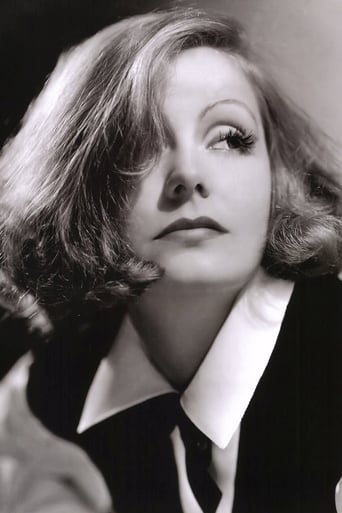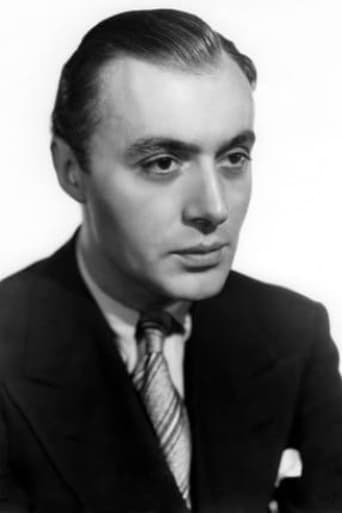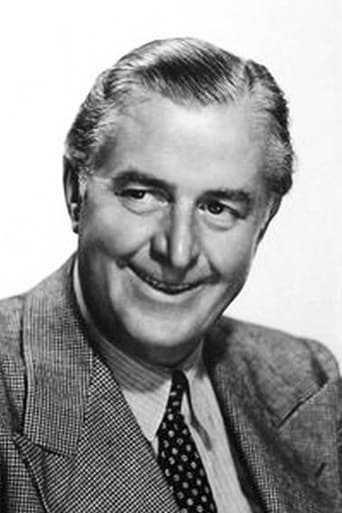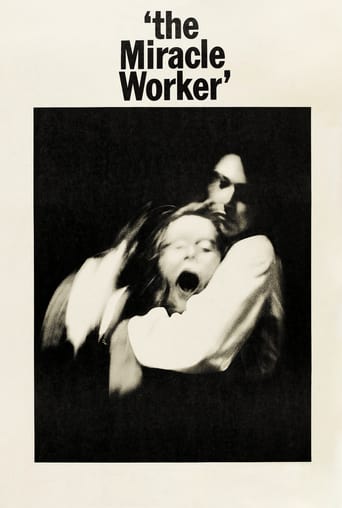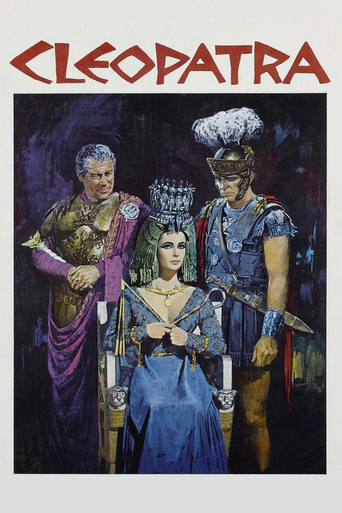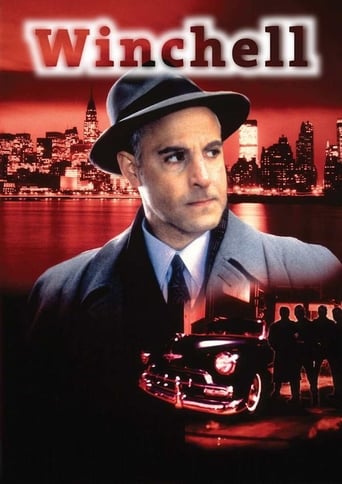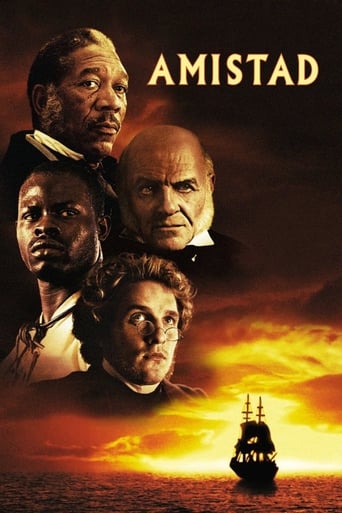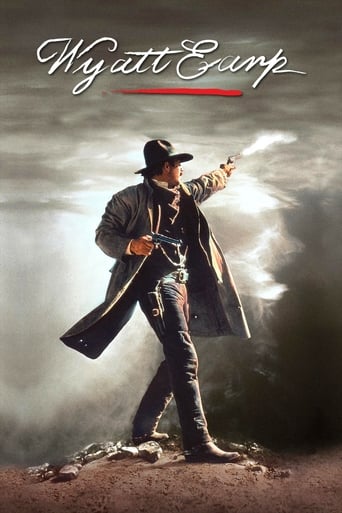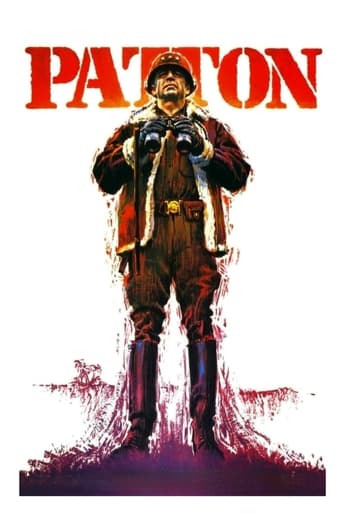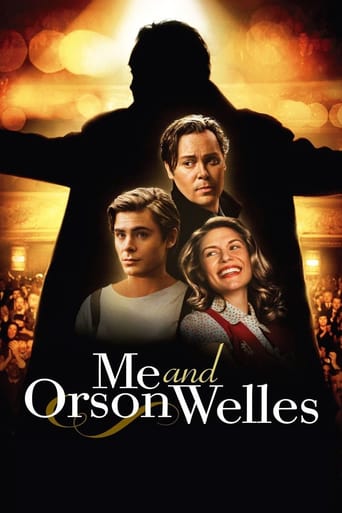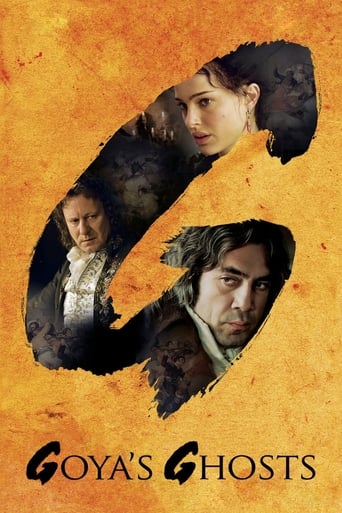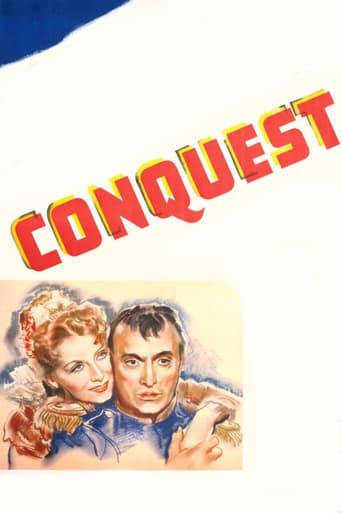
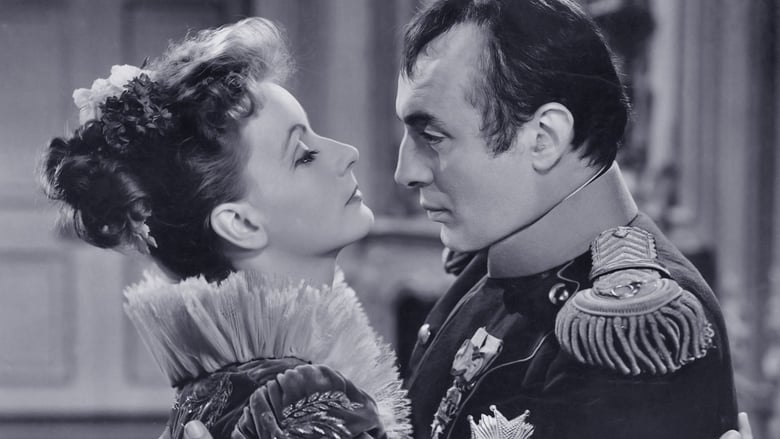
Conquest (1937)
A Polish countess is dispatched by her country to become Napoleon Bonaparte's mistress at the urging of Polish leaders, who feel she might influence him to support Polish independence.
Watch Trailer
Cast


Similar titles

Reviews
As a classic film buff, age 57, I had never even heard of "Conquest," but now I have discovered this neglected masterpiece. Obviously, some viewers can't get the point of the film. If this sort of reaction was typical at the time of the film's release, and if audiences could not grasp Garbo's increasingly sophisticated choice of roles in "Ninotchka" and "Two-Faced Woman," the fact that she retired so early in her career becomes less of a mystery.Immediately after the Opening Credits, the text on the screen explains that this is the story of a love affair, not a historical dramatization.What is very surprising is that this affair began in a very striking way, which is never discussed, but rather ignored, or even distorted, in plot summaries. It presents an unflinching portrayal of loveless passion and loveless betrayal, and perhaps is too realistic to be welcome in a culture which glorifies the consummation of physical passion as an end in itself.Early in the picture, Garbo is an honorable married woman who has refused Napoleon's attentions and illicit overtures. She finally accepts a mission urged upon her by desperate Polish patriots, to use her feminine attractions as an inducement to prevail upon Napoleon to guarantee her country's independence. In a private audience with the Emperor, she declines the role of seductress and instead eloquently pleads her cause. But not only is her request ignored, but she is forced against her will to submit to him.All this is presented dramatically with great taste and subtlety, but the sober humiliation of her defeat is written all over Garbo's face at the beginning of the next scene. Stoically, she must then suffer even further as her older husband, robbed at once of his pride and the joy of his marriage, announces he will annul their union, and she will never see him again. There is a clear time lapse until her next meeting with the man who has ruined her life."Conquest" does not become a romance, there are no swelling chords in the film score, there are no breathless avowals of rapture in the film at all until Napoleon's exercise of power - naked, self-absorbed, egotistical power, in this case over a woman - is replaced by the finer feelings of a man who has recognized shamefacedly his own weakness and comes to value someone who can offer him both forgiveness and love.The tragedy of power, turning eventually in Napoleon's make-up into blind megalomania, brilliantly portrayed by Charles Boyer, is treated expertly in the second half of the movie, although some reviewers have criticized this section as boring and slow-moving. On this basis, mercilessly probing psychological dramas such as "Macbeth" and "King Lear" are also a waste of time.Napoleon sees, but does not see, the self-sacrificing courage of the young revolutionary who attempts to kill him. He sees, but does not see, Garbo's shocked disillusionment at his cold-blooded calculations for a royal marriage. He sees, but does not see, the final, heartsick, angry despair of a dying soldier on the doomed, frozen march from Russia.And he sees, but does not see, his adjutant's wide-eyed expression, bordering on accusation, as the ship carrying Garbo and her son plows through rough seas leaving Elba. Napoleon has cut short her visit of reconciliation to send her on an errand to his secret allies, knowing that the carrier of his previous message has been murdered.The bottom line of "Conquest" is that a deeply-abiding, human love relationship co-exists with human frailty, and it is transfigured by human loyalty. In the lives of two people who are truly committed to each other, these and other disparate elements are the hidden currents. The world only sees a couple from the outside. The genius of Clarence Brown's production, and that of any creative artist approaching this classic theme, is to reveal the mystery of all these complexities and many dimensions, with the utmost sensitivity and respect.This is one of those films which is worth several viewings. It is for grown-ups. It is a truly beautiful piece of work by all concerned.
Considering this film is getting on for 70 years I must say it has stood the test of time exceptionally well. The art director has excelled himself with the very impressive sets and the black & white format captures the sad mood of those times when Poland was under the heel of almighty Russia. This is made clear in the opening sequence when the Russian soldiers invade the Walewski palace on horseback trampling and destroying the beautiful interior. Countess Maria (Greta Garbo) realizing the sorry state in which Poland finds herself agrees to plead with the French Emperor Napoleon Bonaparte (Charles Boyer)to save her country and give it independence.The dialogue which follows and continues through much of the film sounds very much like a series of political speeches, but even so Napoleon is mesmerised by this beautiful and sad Countess. They fall in love and spend as many nights together as his military manoeuvres permit. She divorces her husband the aging Count Walewski.Having seen this film I have come to believe that Charles Boyer IS Napoleon. He looks the part, acts with authority. struts about in his uniform and never goes out of character. Whenever i think of Napoleon in the future I will think of him as portrayed in this film. Although it is his film, Greta Garbo does have her moments. Watch her suppressed happiness as she is about to announce her pregnancy and the anguish that follows when Napoleon informs her of his intention to marry an Austrian Princess to produce a royal heir.This film is predominently a love story (and all the dialogue is imagined by the screen writers). It is not a documentary on the life of Napoleon and thankfully the war scenes are kept to a minimum. As for the love interest I believe the scenes they played together could have had more warmth and intimacy. It was not until little Alexander appeared that I was aware of any true love in their lives.
Goodness, I can't believe, I'm saying this, but Garbo is good in ''Conquest''...... Here I was, complaining the other day, about Garbo's ''Inspiration'', and saying the only good performance she ever gave was in ''Ninotchka''...... I take that back now, so far, her good performances are given in both ''Ninotchka'' & ''Conquest''...... Garbo & Boyer displays well blend chemistry together...... (a surprise, since this is their only movie together) However, it's Boyer who carries off, and holds the movie together, w/ his charm & wit...... (during some flat spots) You could see, that Garbo is responsive to Boyer's performance/character, unlike her usual ''I want to be alone'' self...... What's more stunning, is Garbo smiles in this movie..... (more than once too!) That's enough good shock for me...... We do see a rare, lighthearted Garbo here, just like in ''Ninotchka''...... I would even say, that Boyer is Garbo's best co-star so far..... Charles Boyer & Melvyn Douglas......
Some scenes in this film drag on too long and others are too wordy, but I thoroughly enjoyed Charles Boyer's performance as Napoleon Bonaparte. His slight accent accentuates believability. The same can be said about Greta Garbo's slight accent, but she is so stunningly beautiful I hardly noticed. She is also excellent in her last dramatic performance. There are two great scenes to watch for: the opening attack of the cossacks, riding their horses inside the stately home of Garbo and Henry Stephenson and wrecking it; and the ball at the palace in Warsaw, filled with noblemen and noblewomen adorned in gorgeous period clothing. (The gowns were designed by Adrian). Both crowd scenes are handled very well by director Clarence Brown. I was a little disappointed in the limited screenplay. Somehow, when I think of Napoleon I think of a grand epic such as "War and Peace," and not just his personal life. The only part of his war life you see is a brief scene of his retreat from Moscow in the harsh Russian winter. I was impressed by Napoleon's vision of a United States of Europe. He would have been delighted at the introduction of the Eurodollar this year.


